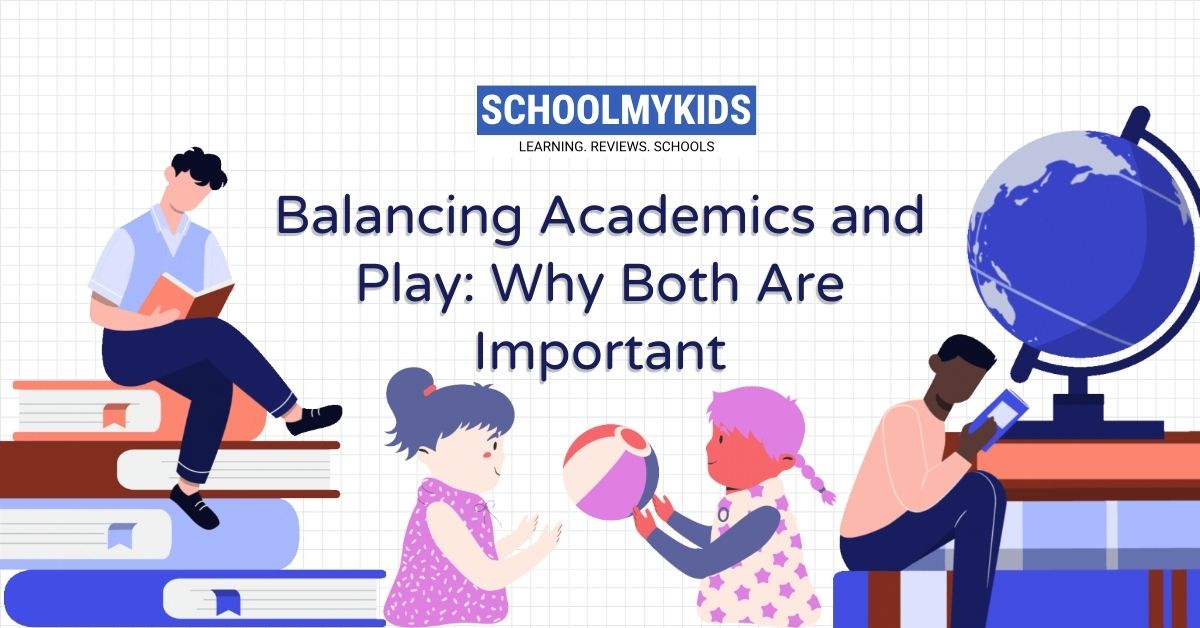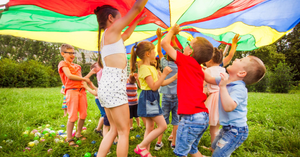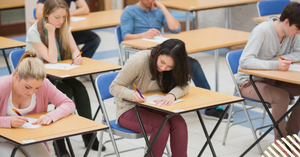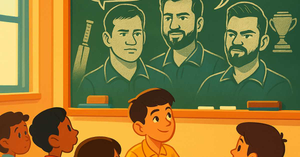Many parents and children seem unable to find the appropriate balance between studying and playing. Academics are necessary for obtaining knowledge, skills as well as qualifications that will be useful in the future. On the contrary, play is important in fostering creativity, physical well-being, and social development.
Both activities are essential for the general development and healthy upbringing of a child. But how will parents and children be able to organize their time and priorities so that neither studies are neglected or undervalued, nor play? This article will show that there is a balance between academic studies and play time for the child’s growth and happiness.
How to balance academics and play: Strategies and Tips
Planning, discipline, and support are needed to balance study with play. Here are some strategies and tips that can help parents and children achieve a balance between these two activities
- Focus on the child’s interests and aspirations: Parents and children should find out what the child likes to do in terms of studies as well as play. It enables them to spend their time doing things that are most important and meaningful, therefore preventing energy-wasting at less productive work.
- Plan to make up a daily or weekly plan that sets aside time for both of them: Parents and children should make a balanced program that is realistic but also adjustable in terms of the attention given to studies, homework, or play. See what the child is doing naturally, like being most alert or productive at a certain time of day and so on. A good schedule would incorporate rests, transitions, and provisions for something going wrong or changes.
- Effective time management techniques: Parents and children should support each other in following the schedule and completing all tasks that they have set as their goals. They should also get rid of or reduce other distractions like phones, TVs, and social media that can divert their attention span as well as make them perform less. Additionally, they should organize festivities and reward their accomplishments whether big or small to create motivation for each other.
- Consult teachers, coaches, and other mentors: Parents and children should not hesitate to seek help or advice from the experts and professionals who can assist them in their academic activities as well as play, should talk to them regularly and keep telling them about their progress, or what difficulties they are facing. It is helpful when families facing their problems can receive valuable advice, resources, and support from teachers, coaches, or other mentors.
- Have the ability to change your plans easily: Parents and children need to understand that the balance of learning and playing is not something static but rather a continually changing state. They should learn to accommodate themselves and acclimatise under changing requirements, and heavy loads but with the satisfaction of novelty of their education era where academic trials await them coupled with play. They should also be willing to give new things a shot and look into the possibilities that can augment their studying while keeping them entertained.
Why balancing academics and play is beneficial: Outcomes and impacts
Balancing studies and play can result in positive outcomes as they affect the development of the child, their growing up. Here are some of the benefits of achieving a balance between these two activities:
– Improves academic performance and motivation.
Play may contribute to the improvement of cognitive skills that are important for the child’s academic success like memory, attention, and problem-solving. Play can reduce stress and anxiety, which may interfere with learning itself or at least hinder the processes of retention.
Furthermore, playing can stimulate and develop curiosity and passion that will encourage the child to think about a new topic or study a subject.
– Boosts physical and mental health
Games can enhance the physical fitness of a child, and this will protect him/her from obesity or chronic such as diabetes heart disease, and cancer.
Play can also promote the release of endorphins, which could enhance a child’s mood and well-being. In addition, play can offer moments or instances of leisure and pleasure, which could counterbalance the strain and burden associated with academics.
– Develops social and emotional skills
The child has chances to have a play and gets used to the interaction with people and cooperation in return, it can improve some of their interpersonal relationships as well as social skills.
Playing can also teach the child values such as respect, fair play, and empathy which fosters positive attitudes or behaviours. Further, play can develop the child’s confidence, resilience, and self-esteem levels that would be capable of handling a challenge or being able to rise after falling.
Conclusion
Striking a balance between academics and play is an issue faced by most parents and their children in the modern competitive world where things move at high speed.
Nevertheless, as this article has demonstrated it is both possible and appropriate to find a balance between these two activities because they all have a positive impact on a child’s development and well-being. If such strategies and tips are followed by parents as well as children for instance prioritising, planning, and managing time seeking guidance being flexible then enough of their quality time may be devoted to both the aspect of academics as well as games.








Be the first one to comment on this story.